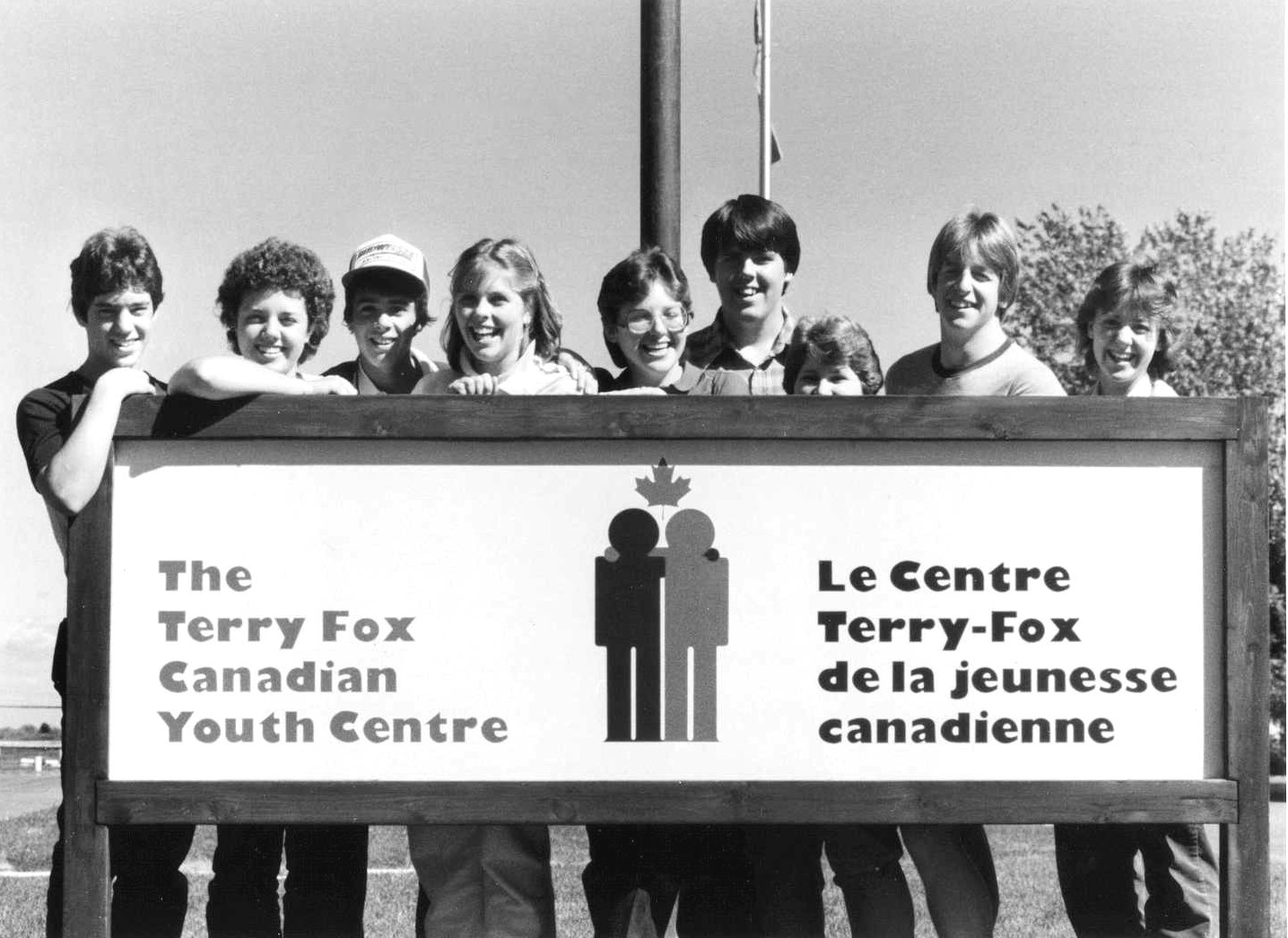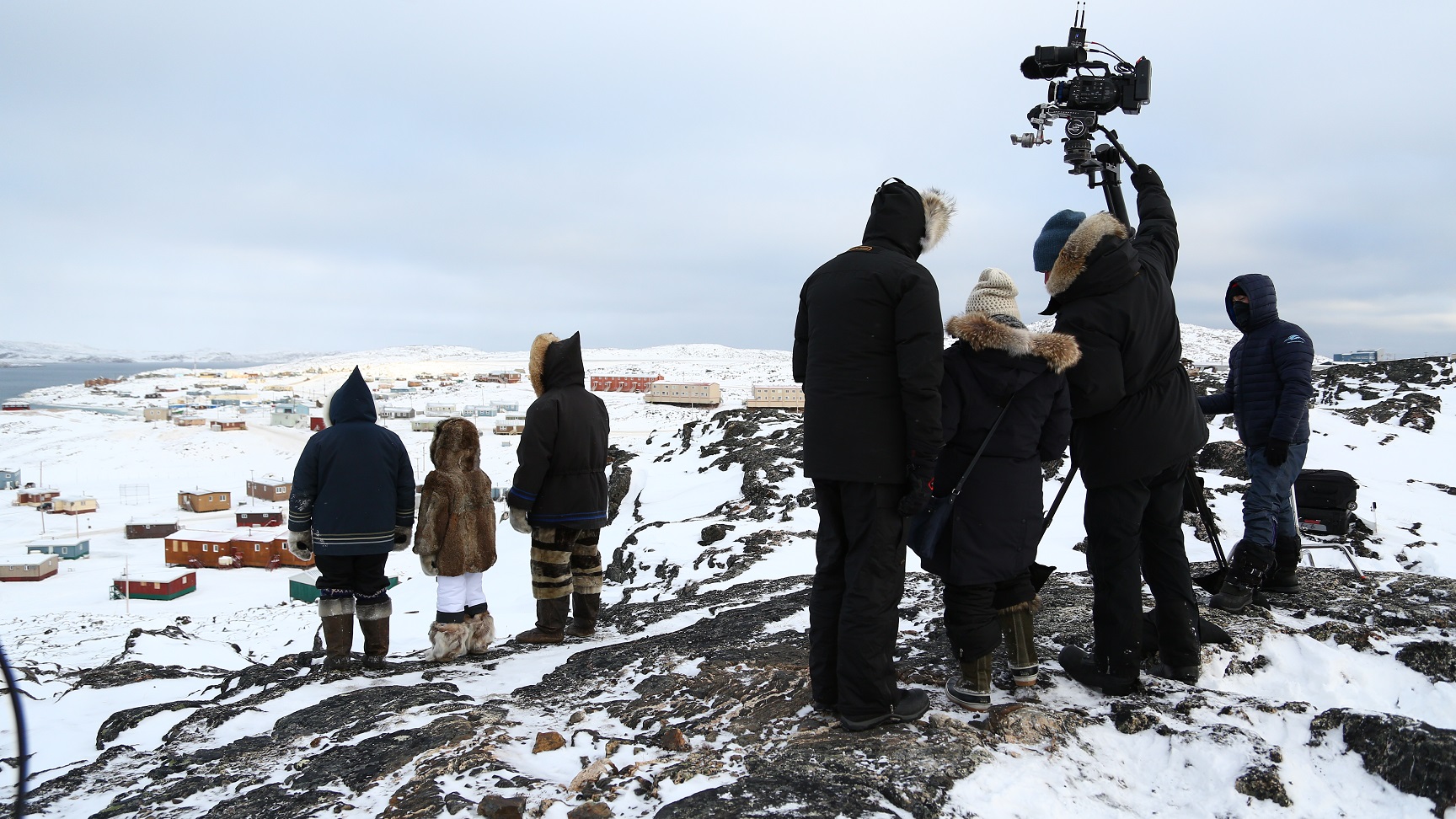Browse "Education"
-
Article
Encounters with Canada
Encounters with Canada (EWC), was the country’s largest youth forum, bringing up to 3,200 youth to Ottawa throughout the year for week-long sessions to learn about national history, culture and institutions. This bilingual program was created in 1982 to promote youth leadership and knowledge of Canada by visiting national capital institutions, participating in events and meeting with prominent guest speakers. As of 2006, EWC was managed by the not-for-profit heritage organization Historica Canada (formerly the Historica Foundation). When EWC closed in 2021 more than 113,000 young people had participated in the program.
"https://d2ttikhf7xbzbs.cloudfront.net/encounterswithcanada/encounterswithcanadaparticiants.jpg" // resources/views/front/categories/view.blade.php
https://d2ttikhf7xbzbs.cloudfront.net/encounterswithcanada/encounterswithcanadaparticiants.jpg
-
Article
Encyclopedia of Music in Canada
The Encyclopedia of Music in Canada was the first music encyclopedia published in Canada. It comprises more than 3,100 articles and 500 illustrations. It includes biographies of Canadian musicians and histories of music organizations in Canada. Topics that are covered include Inuit music, piano building, awards, education, instrument collections, folk music, the music scenes in Canadian cities and Canada's musical relations with other national cultures. Bibliographies, discographies and lists of compositions are included. Because of its role in documenting Canada's musical history, the EMC is a standard reference work for schools, libraries and musicians.
"https://d2ttikhf7xbzbs.cloudfront.net/media/media/f8a525b5-d993-4580-929f-e5e009078f22.jpg" // resources/views/front/categories/view.blade.php
https://d2ttikhf7xbzbs.cloudfront.net/media/media/f8a525b5-d993-4580-929f-e5e009078f22.jpg
-
Article
Fake News (a.k.a. Disinformation) in Canada
Fake news is falsified information created with the intent of misleading people. It aims to shape public opinion by eliciting an emotional and biased response that is divorced from facts but in alignment with a particular ideology or perspective. Fake news can effectively weaponize information. It uses disinformation, misinformation or mal-information to demonize or damage a political foe, or to sow confusion and mistrust among the public. Fake news came to the fore of public consciousness during and immediately after the 2016 US presidential election, though its origins date back much further.
"https://d2ttikhf7xbzbs.cloudfront.net/media/new_article_images/FakeNews/640px-FAKE_NEWS.png" // resources/views/front/categories/view.blade.php
https://d2ttikhf7xbzbs.cloudfront.net/media/new_article_images/FakeNews/640px-FAKE_NEWS.png
-
Article
Fanshawe College
Fanshawe College of Applied Arts and Technology. Community college founded in London, Ont, in 1967. In 1964, the provincial government created Ontario Vocational Centres with a mandate of providing specialized training in technical, arts, and social science based fields.
"https://development.thecanadianencyclopedia.ca/images/tce_placeholder.jpg?v=e9dca980c9bdb3aa11e832e7ea94f5d9" // resources/views/front/categories/view.blade.php
https://development.thecanadianencyclopedia.ca/images/tce_placeholder.jpg?v=e9dca980c9bdb3aa11e832e7ea94f5d9
-
Article
Financial Aid to Students
Some form of financial support to needy post-secondary students has been available in Canada for many years. Until 1939 this primarily took the form of privately funded assistance from universities and colleges to students with high scholastic achievement.
"https://development.thecanadianencyclopedia.ca/images/tce_placeholder.jpg?v=e9dca980c9bdb3aa11e832e7ea94f5d9" // resources/views/front/categories/view.blade.php
https://development.thecanadianencyclopedia.ca/images/tce_placeholder.jpg?v=e9dca980c9bdb3aa11e832e7ea94f5d9
-
Article
First Nations University of Canada
First established in 1976 as the Saskatchewan Indian Federated College, the First Nations University of Canada (FNUniv) is the only university-college in Canada controlled by First Nations.
"https://development.thecanadianencyclopedia.ca/images/tce_placeholder.jpg?v=e9dca980c9bdb3aa11e832e7ea94f5d9" // resources/views/front/categories/view.blade.php
https://development.thecanadianencyclopedia.ca/images/tce_placeholder.jpg?v=e9dca980c9bdb3aa11e832e7ea94f5d9
-
Article
Forbidden City
William Bell’s historical novel Forbidden City (1990) tells the story of Alex, a teenager who accompanies his father on a trip to Beijing, China. Alex’s initial excitement at exploring the history of the city turns to horror when he becomes trapped near the Forbidden City during the Tiananmen Square Massacre. The most popular novel of Bell’s career, Forbidden City was published in 11 countries and eight languages. Reviewers praised its depiction of the on-the-ground reality of the Tiananmen Square Massacre. The novel received Ontario’s Ruth and Sylvia Schwartz Children’s Book Award, the Ontario School Librarians Association Award and the Belgium Award for Excellence.
"https://development.thecanadianencyclopedia.ca/images/tce_placeholder.jpg?v=e9dca980c9bdb3aa11e832e7ea94f5d9" // resources/views/front/categories/view.blade.php
https://development.thecanadianencyclopedia.ca/images/tce_placeholder.jpg?v=e9dca980c9bdb3aa11e832e7ea94f5d9
-
Article
Forestry Education
Throughout the late 1980s and the 1990s, there was a tremendous evolution of FORESTRY in Canada and around the world. Forestry became increasingly important for both the ECONOMY and the ENVIRONMENT, and the practice of forestry became more complex.
"https://development.thecanadianencyclopedia.ca/images/tce_placeholder.jpg?v=e9dca980c9bdb3aa11e832e7ea94f5d9" // resources/views/front/categories/view.blade.php
https://development.thecanadianencyclopedia.ca/images/tce_placeholder.jpg?v=e9dca980c9bdb3aa11e832e7ea94f5d9
-
Article
Frontier Thesis
The Frontier thesis was formulated 1893, when American historian Frederick Jackson Turner theorized that the availability of unsettled land throughout much of American history was the most important factor determining national development.
"https://development.thecanadianencyclopedia.ca/images/tce_placeholder.jpg?v=e9dca980c9bdb3aa11e832e7ea94f5d9" // resources/views/front/categories/view.blade.php
https://development.thecanadianencyclopedia.ca/images/tce_placeholder.jpg?v=e9dca980c9bdb3aa11e832e7ea94f5d9
-
Article
HEC Montréal
HEC Montréal (formerly École des hautes études commerciales de Montréal), Canada’s first business school, was founded in 1907. Today, the school welcomes over 13,000 students and trains more than 8,000 executives and managers every year.
"https://d2ttikhf7xbzbs.cloudfront.net/media/media/02871b4e-caab-4a73-9fef-2067d9d79f9d.jpg" // resources/views/front/categories/view.blade.php
https://d2ttikhf7xbzbs.cloudfront.net/media/media/02871b4e-caab-4a73-9fef-2067d9d79f9d.jpg
-
Collection
Heritage Minutes
The Heritage Minutes collection is a bilingual series of history-focused public service announcements. Each 60-second short film depicts a significant person, event or story in Canadian history. They are produced by Historica Canada, the not-for-profit organization that also publishes this encyclopedia. First released in 1991, the Heritage Minutes have been shown on television, in cinemas and online. They have become a recognizable part of Canadian culture. The collection currently includes 100 episodes.
"https://d2ttikhf7xbzbs.cloudfront.net/media/media/1bfa3d45-2952-4f79-b7d4-4c6cb6601164.jpg" // resources/views/front/categories/view.blade.php
https://d2ttikhf7xbzbs.cloudfront.net/media/media/1bfa3d45-2952-4f79-b7d4-4c6cb6601164.jpg
-
Macleans
Hi-Tech Education Controversy
The handsome redbrick building, its flag snapping in the breeze, looks every bit the traditional schoolhouse.This article was originally published in Maclean's Magazine on August 26, 1996
"https://development.thecanadianencyclopedia.ca/images/tce_placeholder.jpg?v=e9dca980c9bdb3aa11e832e7ea94f5d9" // resources/views/front/categories/view.blade.php
https://development.thecanadianencyclopedia.ca/images/tce_placeholder.jpg?v=e9dca980c9bdb3aa11e832e7ea94f5d9
-
Article
High School (Secondary School)
The term "high school" applies to the academic institution that follows elementary school. The term "secondary school" is often used as an alternative term. High schools prepare students for post-secondary education and training or employment after graduation.
"https://development.thecanadianencyclopedia.ca/images/tce_placeholder.jpg?v=e9dca980c9bdb3aa11e832e7ea94f5d9" // resources/views/front/categories/view.blade.php
https://development.thecanadianencyclopedia.ca/images/tce_placeholder.jpg?v=e9dca980c9bdb3aa11e832e7ea94f5d9
-
Article
Higher Education
Higher education usually refers to education and training in universities, colleges and institutes of technology or art. It also refers to an academic field of studies, which has been advanced in Canada since 1969 with the establishment of a graduate unit at the UNIVERSITY OF TORONTO.
"https://development.thecanadianencyclopedia.ca/images/tce_placeholder.jpg?v=e9dca980c9bdb3aa11e832e7ea94f5d9" // resources/views/front/categories/view.blade.php
https://development.thecanadianencyclopedia.ca/images/tce_placeholder.jpg?v=e9dca980c9bdb3aa11e832e7ea94f5d9
-
Article
Historical Sources
Historians use written, oral and visual sources to develop and support their interpretations of historical events. The historical discipline divides source materials into two categories: primary sources and secondary sources. Both categories are flexible and depend on the subject and era a historian is investigating.
"https://d2ttikhf7xbzbs.cloudfront.net/media/media/58da114a-b3c6-46ec-acb3-f525c1bcca6a.jpg" // resources/views/front/categories/view.blade.php
https://d2ttikhf7xbzbs.cloudfront.net/media/media/58da114a-b3c6-46ec-acb3-f525c1bcca6a.jpg
